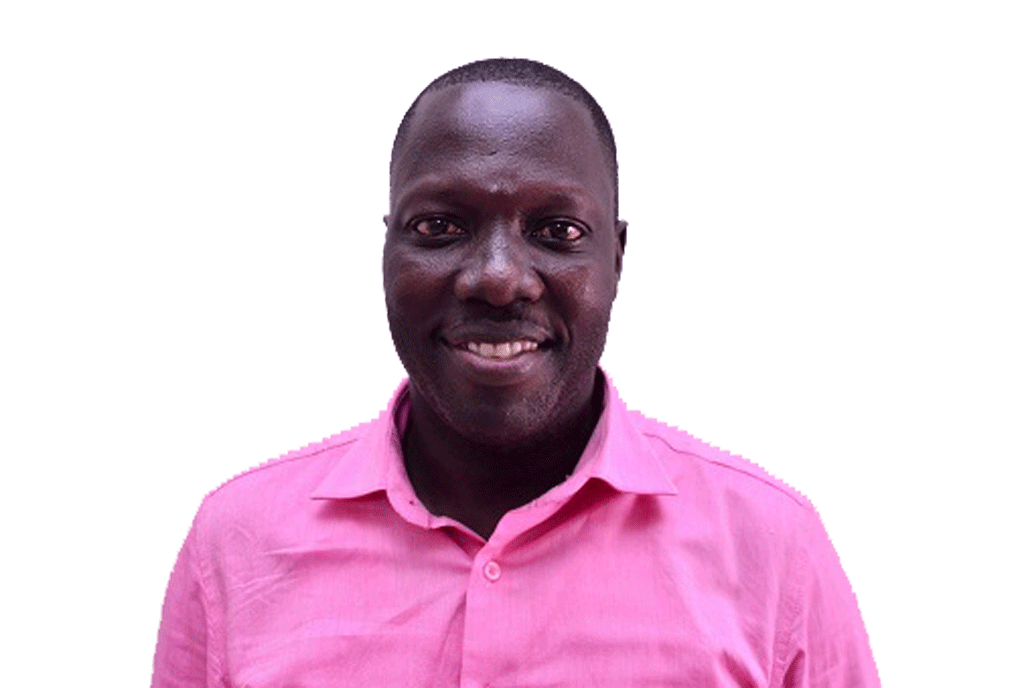Prime
Inside EAC sexual, reproductive health Bill

The East African Legislative Assembly in session recently. PHOTOS | FILE, COURTESY
What you need to know:
- The discussion comes at the time when a number of girls in Uganda; were sexually abused during the Covid-19 lockdown. The EAC partner states include Burundi, Rwanda, South Sudan, Uganda, Tanzania, Kenya and DRC
The East Africa Community Sexual and Reproductive Health Bill 2021 is taking shape with consultations with the seven partner states.
The Bill, which is anchored on Article 118 of the Treaty, is aimed at safeguarding children, empowering women, and protecting the rights of persons with disabilities (PWDs) in the East African Community member states.
Once passed, there will be harmonisation of the national health policies and regulation to achieve quality health services.
Some of the health issues to be dealt with include ensuring universal access to sexual and reproductive healthcare services, including family planning, information and education, and the integration of reproductive health into national strategies.
The discussion comes at the time when a number of girls in Uganda; were sexually abused during the Covid-19 lockdown. The EAC partner states include Burundi, Rwanda, South Sudan, Uganda, Tanzania, Kenya and DRC.
About menstrual health
Once the Bill is passed into law, each partner state is expected to ensure access to clean disposable or re-usable sanitary towels or other menstrual health products; access to clean and private facilities to change sanitary towels as often as necessary for the duration of the menstrual period.
Others are; access to soap and water for hygiene and sanitation in the public spaces; and availability of environmentally sound facilities for disposal of sanitary towels and other menstrual health products.
Sexual reproductive health services
Once passed into law, each partner state shall integrate sexual and reproductive health services in the universal health coverage, every partner state shall provide adequate, quality, accessible and where they are not free, affordable, sexual and reproductive health services to facilitate the realisation of the highest attainable standard of health by every person.
According to the Bill, sexual and reproductive health services shall include accurate information on sexual and reproductive health; evidence-based, age and culturally appropriate comprehensive sexual education
Sexuality of people with disability
Each partner state is expected to provide appropriate facilities to ensure that people with disabilities (PWDs) realise their sexual and reproductive health.
The partner states are also expected to appropriate infrastructure, equipment and services to meet the special needs of PWDs, including customised information on sexual and reproductive health needs; healthcare personnel trained to effectively communicate with PWDs.
Termination of pregnancy
This is one of the most controversial issues in the Bill. According to the Bill, a woman may terminate a pregnancy if in the opinion of a health professional suggests there is need for emergency treatment, the pregnancy endangers the mental or physical health or life of the woman, in case of sexual assault, rape, incest or as may be permitted by the law of a partner state.
The Bill also demands that every person in the region is entitled and shall receive post-abortion care and treatment as a healthy and life-saving medical intervention, notwithstanding the legality of the abortion or attempted abortion.
It further states that notwithstanding any other law, a health professional who provides post-abortion care or treatment shall not be prosecuted for the service provided and the health care provider or health professional who does not, refuses or neglects to provide post abortion care or treatment to a woman or an adolescent girl commits an offence and shall be convicted or fined $10,000.
Family planning and contraceptives
Under family planning, the Bill states that a person may freely and responsibly determine whether to have children or not, the number, timing and the spacing of the children.
If passed into law, each partner state shall be expected to facilitate and promote the right of every person by making family planning education, services and contraceptives available and accessible to every individual as part of the integrated health services provided in that partner state.
Likewise, family planning and contraceptive services shall include—information on the available family planning methods and commodities for both men and women; counselling, screening and treatment of sexually transmitted infections; HIV prevention, testing and treatment; counselling and services for subfertility and infertility; and measures for detecting, preventing and managing reproductive cancers, including cervical, breast, testicular and prostate cancer.
Protection from HIV/Aids
The Bill demands that each partner state shall facilitate and promote the right of every person to self-protection and to be protected against sexually transmitted infections, including HIV/ Aids.
This will see every person in the region entitled to information relating to their health status, including their HIV/Aids status.
Other clauses under the HIV/Aids measures will include; the health status of an individual shall be made in accordance with internationally recognised standards and best practices, and the counselling required before disclosure.
Also, a person living with HIV/Aids shall have access to integrated services and treatment for opportunistic infections, including contraceptives, reproductive cancers and services that promote safe conception, child birth and postnatal care services.




